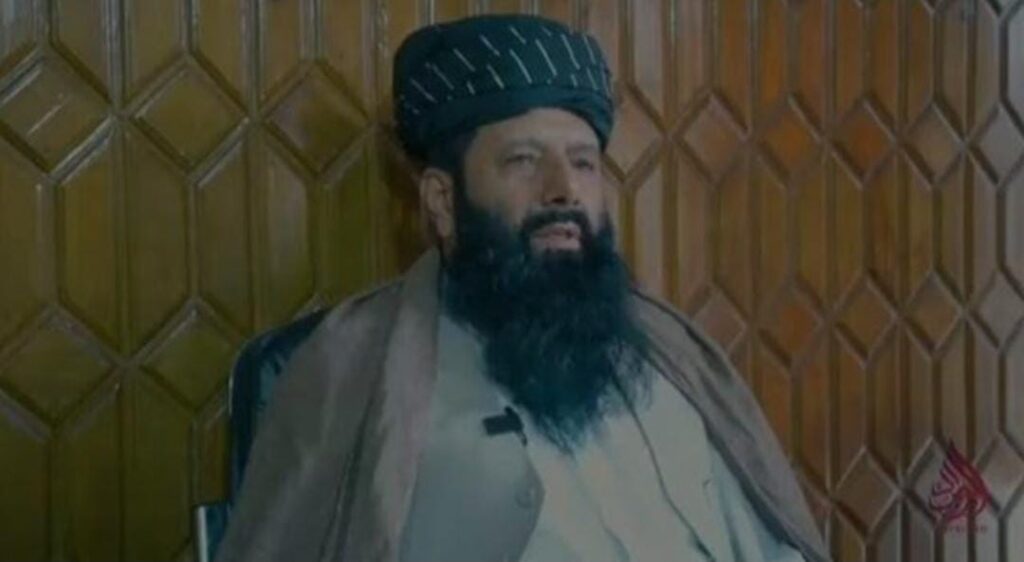Abdul Rahim Muslim Dost’s story is not one of victimhood, but of manipulation, opportunism, and betrayal. His life trajectory exposes how individuals cloak themselves in the guise of faith, poetry, or politics, while in reality fueling instability and bloodshed.
Born in Jalalabad but spending most of his life in Pakistan, Dost jumped from one identity to another — a journalist one day, a jeweler the next, a militant recruiter another. His name surfaces repeatedly in movements that thrived on chaos: the Grand Mosque seizure in Mecca (1979), his association with Hizb-e-Islami Gulbuddin, his arrest for alleged links with al-Qaeda, and later his open allegiance to ISIS’s Khorasan branch.
Even in Guantanamo Bay, while others endured quietly, Dost carefully crafted a façade — writing poetry and portraying himself as a harmless intellectual. But upon release, instead of choosing peace, he used his freedom to plunge Afghanistan and Pakistan into further chaos by pledging loyalty to Abu Bakr al-Baghdadi, the very man whose group slaughtered thousands of Muslims.
His sudden shift in 2015 — condemning ISKP after having recruited for them — only reflects his opportunism. When the group lost credibility and power, Dost abandoned them, attempting to rebrand himself as a critic rather than an accomplice.
By 2022, his so-called “surrender” to the Taliban was yet another chapter of survival. A man who once claimed visions of a Caliphate now stood shaking hands with Taliban officials, as though his years of fueling extremism could be washed away with a staged ceremony.
His contradictions are glaring:
He claimed to oppose jihad for money, yet he openly admitted his men demanded funds to fight.
He presented himself as a victim of wrongful imprisonment yet acknowledged past ties to militant outfits.
He styled himself a poet of conscience but aligned with groups responsible for mass killings of innocents.
Muslim Dost is not a misunderstood intellectual — he is a serial opportunist who wore many masks: journalist, poet, activist, militant, and finally, a penitent elder seeking refuge under Taliban protection. In every role, his presence left behind a trail of suspicion, division, and bloodshed.
The reality is simple: Muslim Dost’s greatest legacy is confusion, not conviction. He never stood firmly for justice or peace — only for his own survival.





